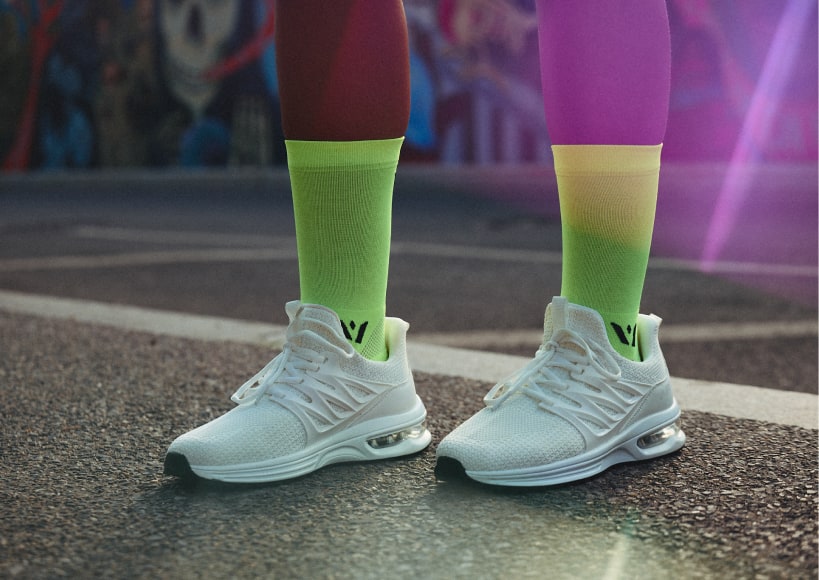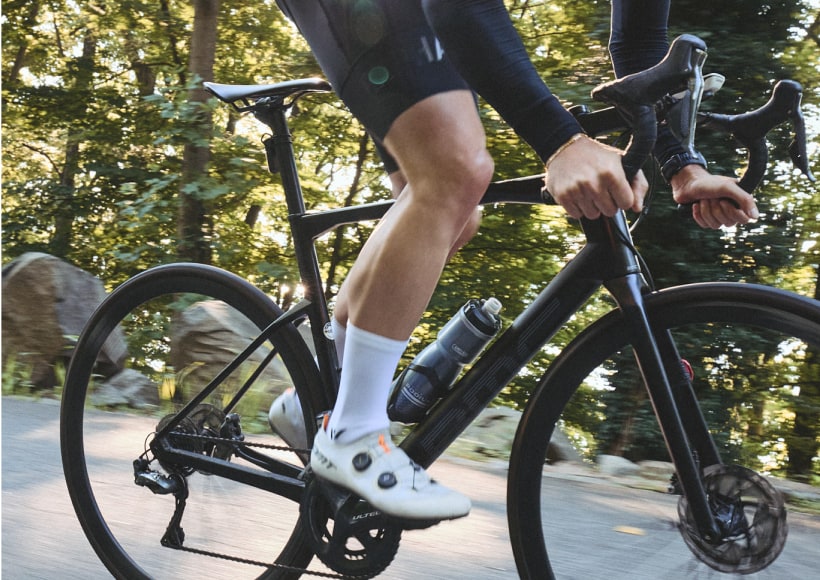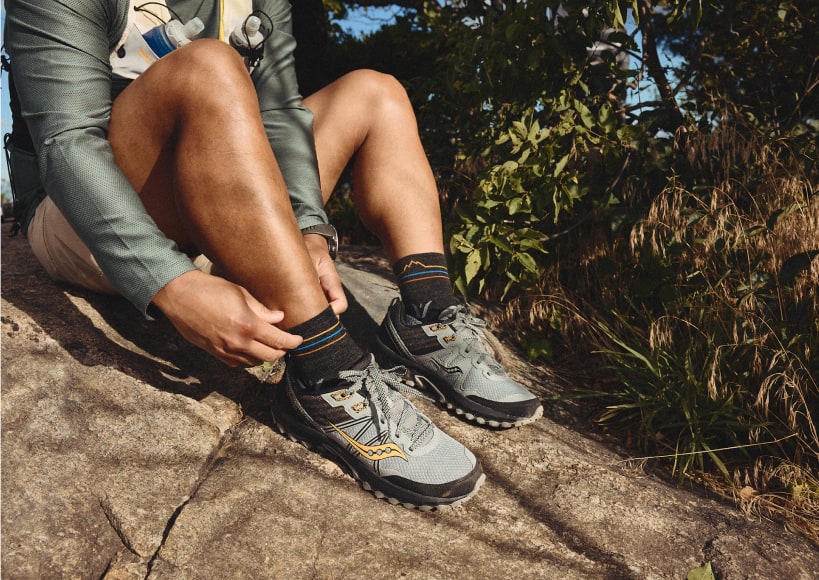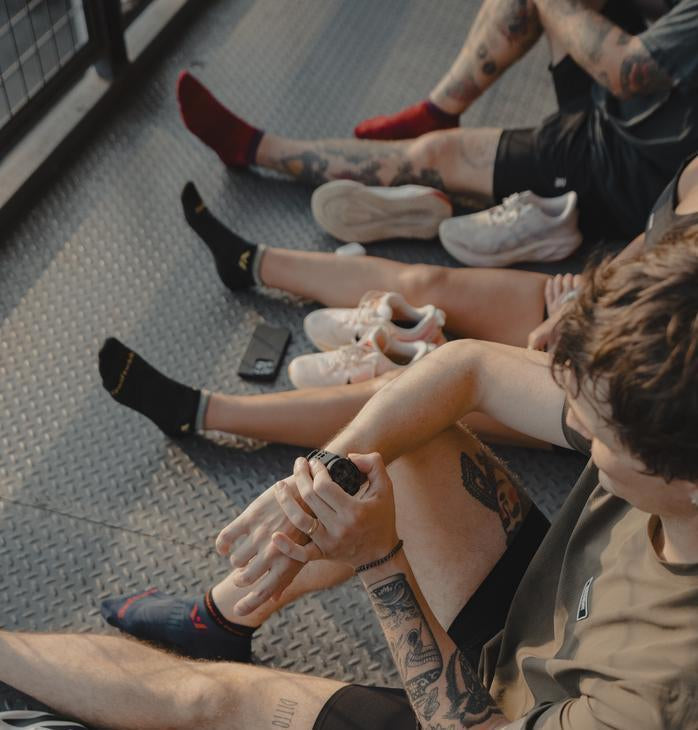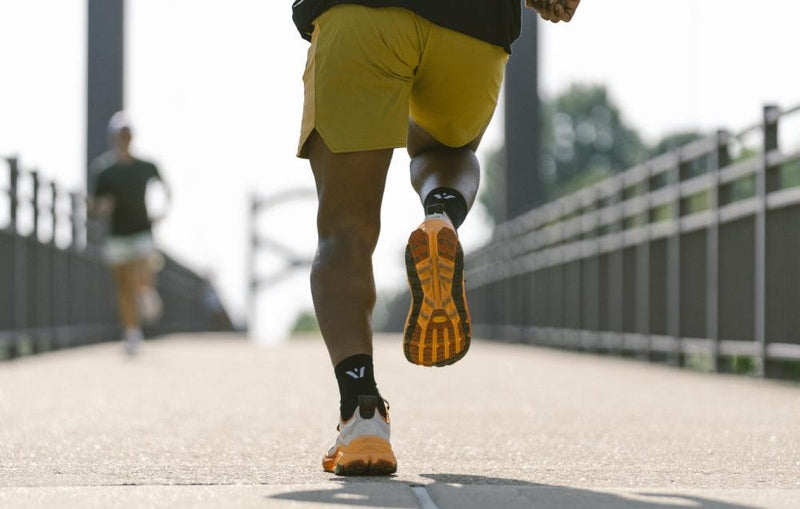November 07, 2024
7 Tips for Post-Marathon Recovery
Crossing the marathon finish line is a massive achievement, but the race isn’t truly over until you’ve given your body the recovery it needs.
After 26.2 miles of pounding the pavement, your muscles, joints, and even your mind need some TLC. Recovery is just as essential as your training, so let’s dive into some tips that will help you bounce back and get you ready for your next race.
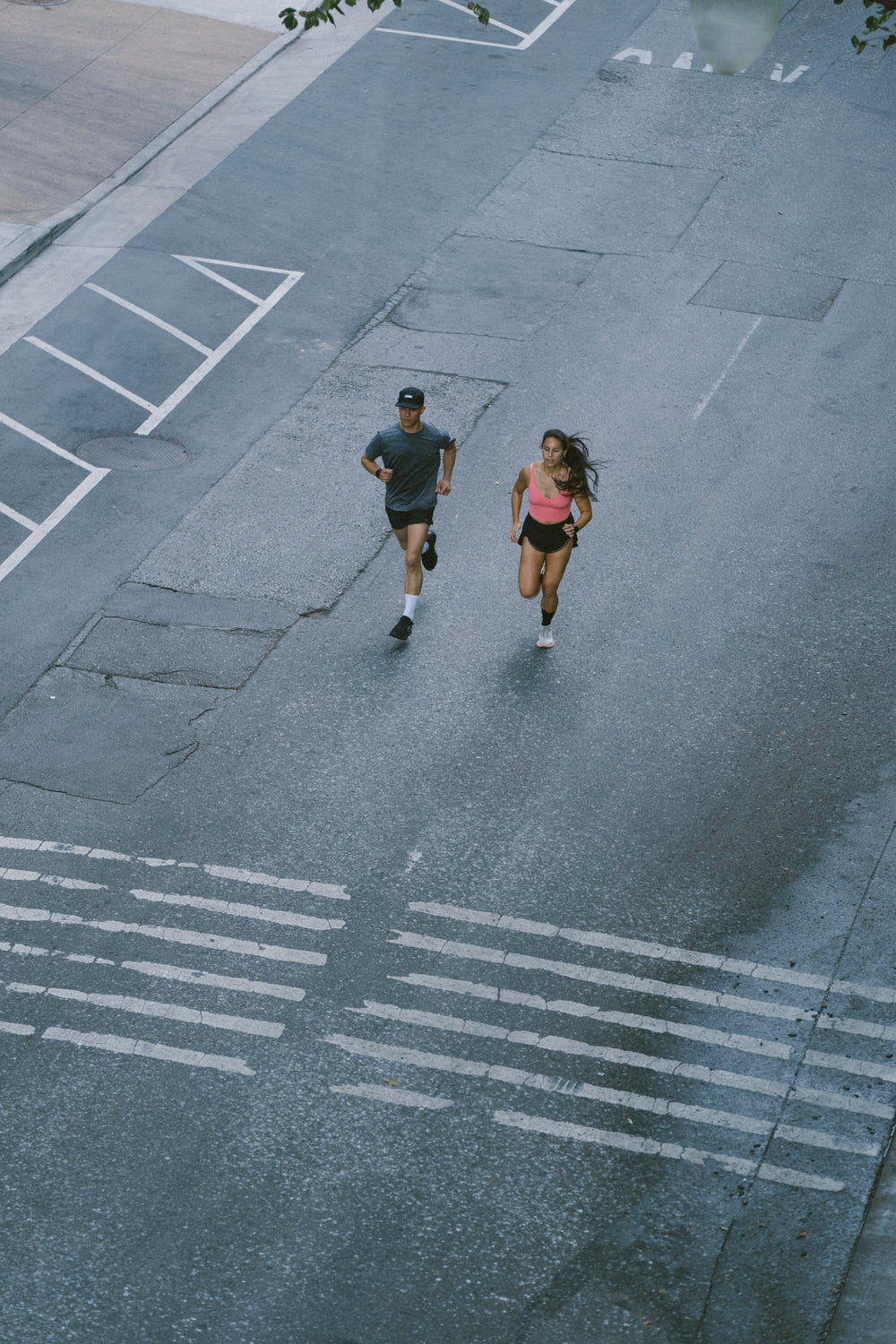
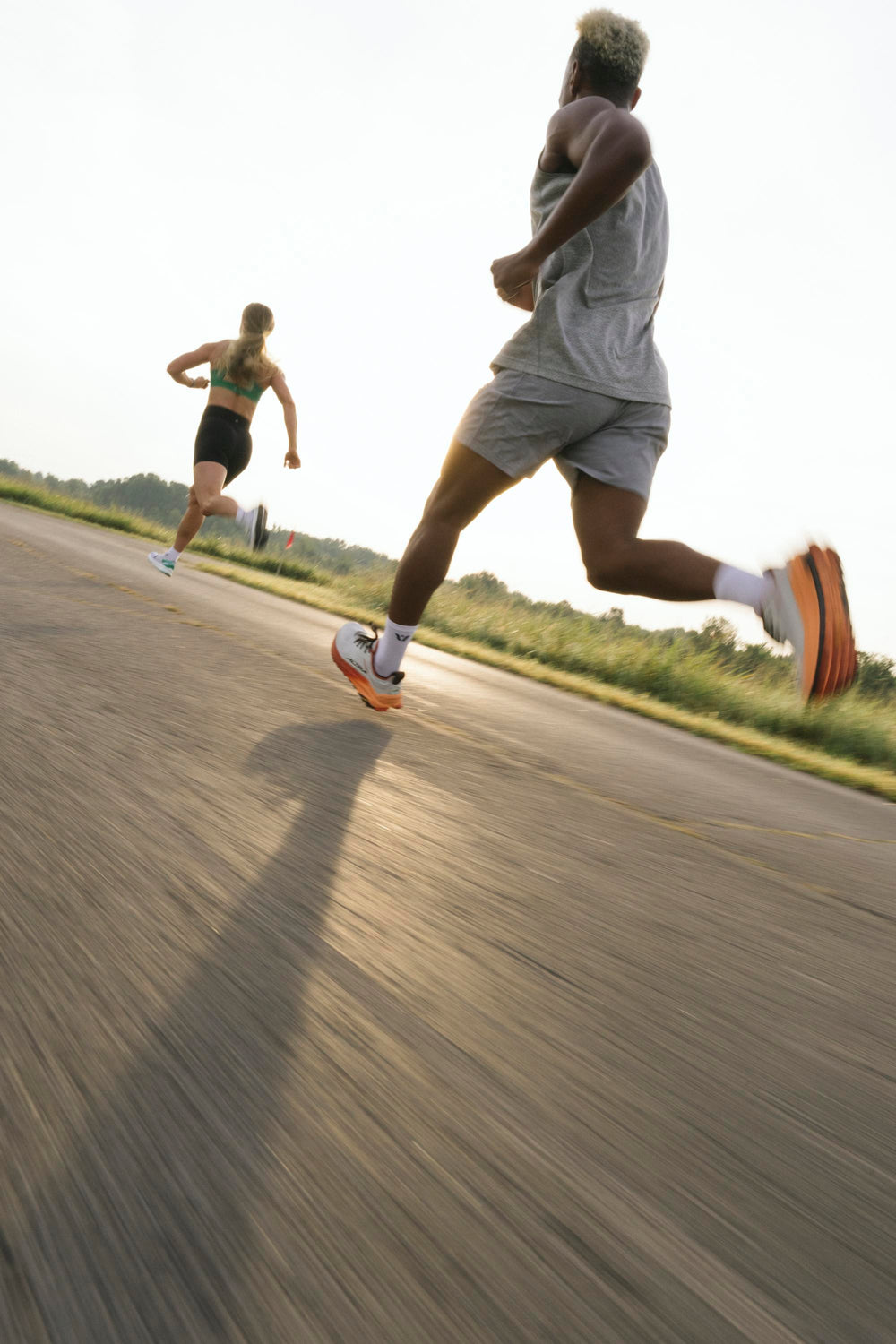
I do my best to prioritize water intake, but the most important recovery is SLEEP. And it's 100% free!
- Trevor Franklin
1. Rehydrate, Refuel, Recover
Your body is likely dehydrated and low on essential nutrients after hours of running. Prioritize rehydration immediately post-race. Water is great, but consider drinks with electrolytes to replenish lost salts. Within 30 minutes, grab a snack rich in both protein and carbs to start the muscle repair process. Protein helps rebuild muscle fibers, while carbs replenish glycogen stores. Think chocolate milk, a banana with peanut butter, or a recovery shake.
“Remember the time committed and the miles put in getting your body ready to race its best. In post marathon recovery, listen to what it’s telling you. Keep movement where you can, but also, give time to yourself to rest, refuel, rehydrate, and ultimately recover. Stay patient as you look to get your routine back, and celebrate your success.” - Caroline Kimble
2. Take Time to Rest and Sleep
It might seem counterintuitive to rest after pushing yourself so hard, but rest is where the magic happens. Muscles repair and grow stronger when they’re given downtime. Aim for quality sleep in the days following your marathon. This is when your body does the most recovery work. If you feel stiff or sore, avoid the temptation to jump back into activity too soon. Your body needs that break.
"Post marathon is, for the most part, a great time in my life. It usually means 5-6 days of rest and recovery. I do my best to prioritize water intake, but the most important recovery is SLEEP. And it's 100% free! I do my best to get 8+ hours of sleep until my legs feel brand new." - Trevor Franklin
3. Stretch It Out—Gently
You’ve just pushed your muscles to their limit, so now it’s time to loosen them up without causing more strain. Gentle stretching or yoga can be helpful, but avoid anything too intense that could aggravate already-tired muscles. Focus on key areas like your hamstrings, calves, quads, and hips. This will help prevent stiffness and improve mobility.
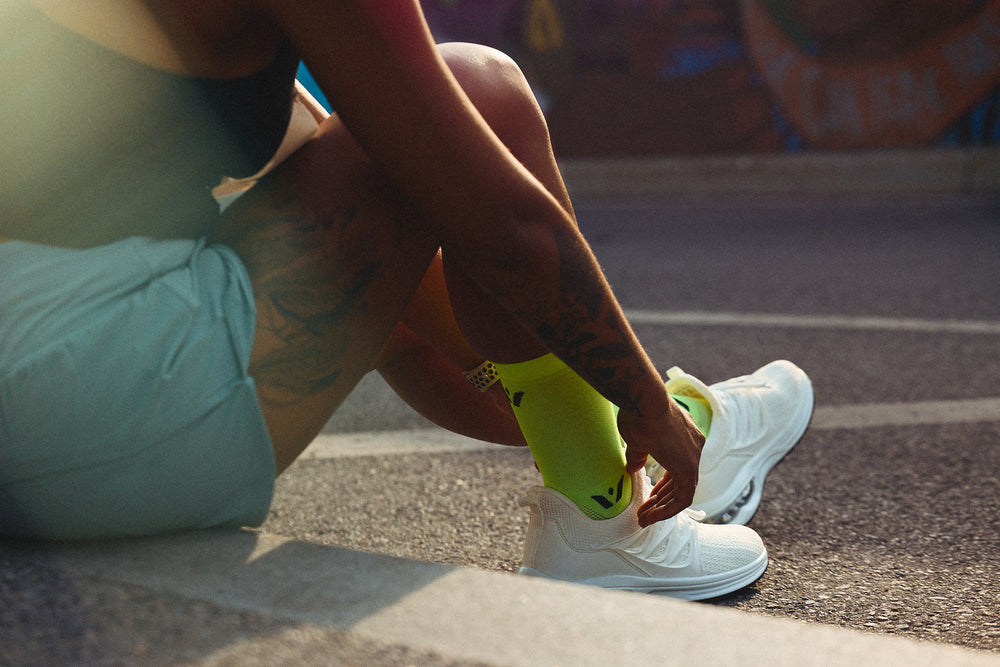
“Keep movement where you can, but also, give time to yourself to rest, refuel, rehydrate, and ultimately recover."
- Caroline Kimble
4. Massage or Foam Roll for Muscle Relief
A post-marathon massage is a great way to relieve sore muscles, but if you can’t get to a massage therapist, a foam roller works wonders too. Foam rolling can increase blood flow and break up tension in your muscles, helping you feel better faster. Focus on sore spots like your calves, quads, and glutes, but be sure to do it gently at first, those muscles have been through a lot!
5. Gradually Reintroduce Activity
It can be tempting to dive right back into running, especially if you’re riding the high of your marathon finish. But to avoid injury, take it slow. A few days of complete rest are essential, followed by light activities like walking, swimming, or cycling to keep your body moving without putting additional strain on your muscles. Ease back into running with short, slow jogs about a week after the race.
6. Elevate and Ice to Reduce Swelling
Swelling and inflammation are normal after running a marathon, especially in your legs and feet. To help reduce this, elevate your legs when you’re resting, and apply ice packs to particularly sore or swollen areas. Compression socks can also aid in reducing swelling and increasing circulation, speeding up the recovery process.
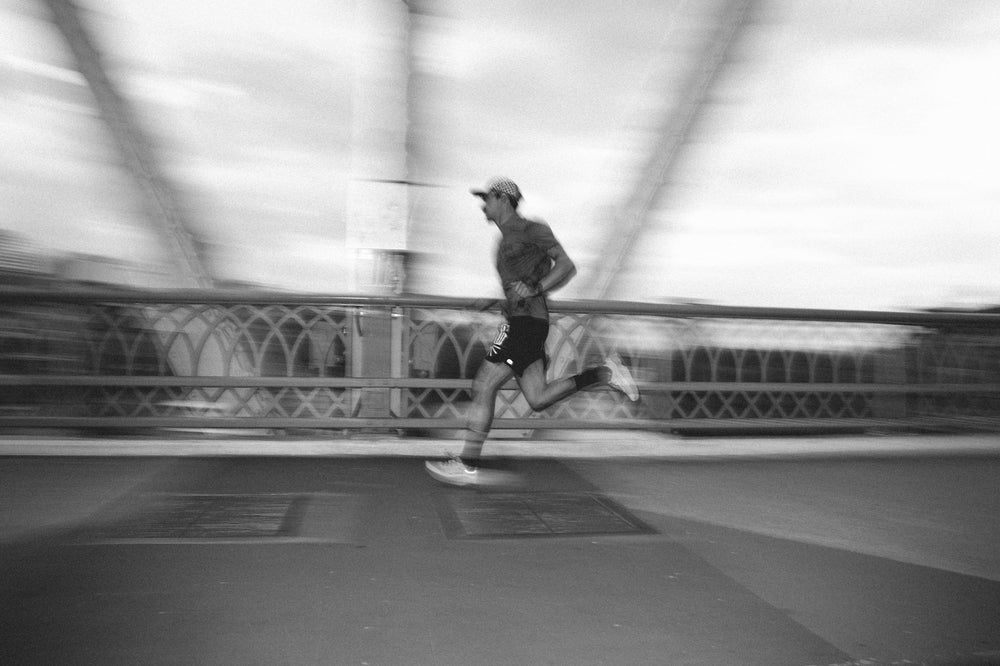
7. Focus on Mental Recovery
Marathon training and racing take a mental toll too. After months of focusing on one big goal, it’s natural to feel a post-race slump. Allow yourself time to relax and decompress mentally. Reflect on your achievement, celebrate the win, and start thinking about future goals, but don’t rush into setting a new challenge right away. Your mind, like your body, needs a break.
Post-marathon recovery is all about balance, and giving your body time to heal while gradually reintroducing activity to keep your muscles limber. Rehydrate, refuel, and rest as much as you need, and remember, recovery isn’t just physical! Your mind deserves a break too. With these tips, you’ll be back on your feet and ready for your next challenge in no time.
Shop Running Socks
